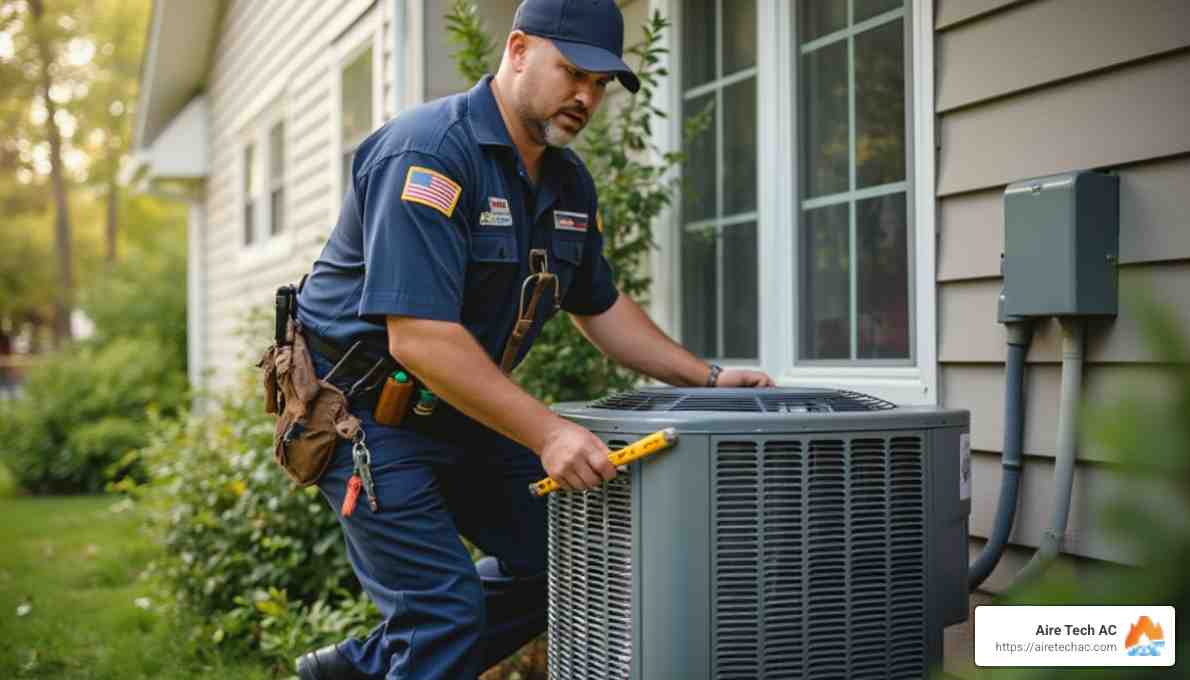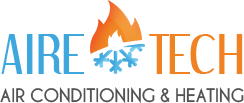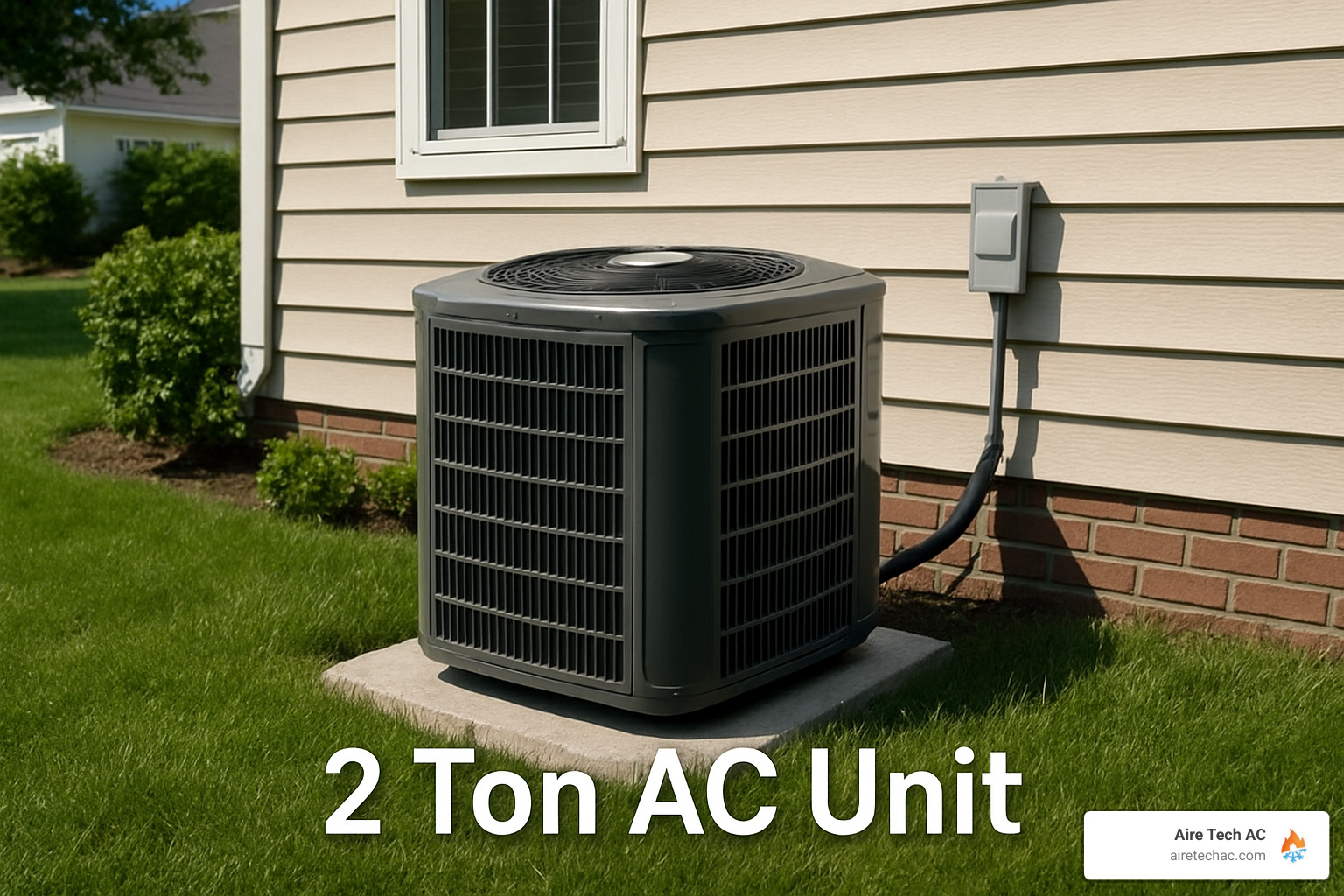HVAC emergencies can not only disrupt your daily routine but also pose serious health and safety risks—especially in hot climates where indoor cooling is essential. As a homeowner, recognizing these critical situations early can help you prevent costly damage, protect your household’s well-being, and restore comfort quickly.
Here are some HVAC scenarios that require immediate attention:
- Complete System Failure: Your AC or heater refuses to start.
- Unusual Noises or Smells: Loud or strange sounds, burning odors.
- Water and Refrigerant Leaks: Visible water or refrigerant puddles.
- Electrical Issues: Frequent tripped breakers or sparks.
- Gas Leaks and Carbon Monoxide Concerns: Alarming smells or detector alerts.
We’ll explore these urgent scenarios to help you act promptly and keep your home comfortable and safe. Being proactive can prevent bigger issues later on.
Complete System Failure
When your HVAC system completely stops working, it’s more than just an inconvenience. In extreme weather, a system breakdown can quickly turn your home into an uncomfortable—and potentially unsafe—environment.
Why does this happen?
- Electrical Problems: A blown fuse or tripped circuit breaker can cause your system to shut down.
- Component Failures: Key parts like the compressor or fan motor might give out.
- Blockages: Dust or debris blocking airflow can cause the system to overheat and fail.
What to do?
- Check the Circuit Breaker: Sometimes, a simple reset might solve the problem.
- Inspect the Thermostat: Make sure it’s set to the correct mode and temperature.
- Call a Professional: If these quick checks don’t help, it’s time to call in the experts.
Why act fast?
In extreme weather, a non-functioning HVAC system can lead to serious discomfort. During a cold winter, lack of heat can even pose health risks, especially for vulnerable individuals like the elderly or young children. Similarly, during a scorching summer, an inoperative air conditioner can make your home unbearably hot.
Pro Tip: Regular maintenance can help prevent these breakdowns. Schedule check-ups before peak seasons to keep your system running smoothly.
By addressing a Complete System Failure swiftly, you minimize downtime and restore comfort to your home as soon as possible. Don’t wait for a minor issue to become a major headache.
Unusual Noises or Smells
Strange noises or odd smells coming from your HVAC system aren’t just annoying—they’re red flags that something might be wrong. These signs often indicate underlying issues that need immediate attention.
Strange Noises
Hearing unusual sounds like banging, grinding, or squealing? These noises typically hint at mechanical failure.
- Banging or Clanging: Often caused by loose or broken parts inside the system. This can lead to more severe damage if not addressed promptly.
- Grinding: This sound usually points to motor issues, such as worn-out bearings. If left unchecked, it can lead to motor failure.
- Squealing: Often indicates a problem with the motor belt or bearings. A worn-out belt can snap, causing the system to stop working.
What to do?
- Turn Off the System: Prevent further damage by shutting down the unit.
- Call a Professional: A technician can diagnose the problem and suggest the right fix.
Burning Odors
If you notice a burning smell, it could be an indication of electrical issues or overheating components. This is a serious concern that can lead to fire hazards.
- Electrical Smell: Often caused by wiring problems or overheating motors. This requires immediate attention to prevent potential fires.
- Burning Dust: When you first turn on your heater, a dusty smell is normal. If it persists, it could mean blocked vents or a dirty system.
What to do?
- Shut Down the System: Turn off your HVAC to prevent further risks.
- Inspect for Visible Issues: Check for frayed wires or other obvious problems.
- Contact a Technician: Have an expert conduct a thorough inspection to identify and fix the issue.
Why Address These Issues?
Ignoring these signs can lead to mechanical failure, increased repair costs, and even safety hazards. Regular maintenance helps catch these problems early, ensuring your HVAC system runs smoothly and safely.
Water and Refrigerant Leaks
Water and refrigerant leaks in your HVAC system are more than just minor annoyances—they’re urgent issues that demand immediate attention. Left unchecked, these leaks can lead to severe problems, including mold growth and system inefficiency.
Water Leaks
Water leaks around your HVAC unit often indicate a blocked drain line or issues with the condensate pump. When water can’t drain properly, it may pool around the unit, leading to water damage and mold growth. Mold thrives in damp environments and can spread quickly, posing health risks and damaging your home.
- Blocked Drain Line: A common culprit for water leaks. This blockage prevents water from draining, causing it to overflow.
- Condensate Pump Issues: If the pump responsible for removing excess water fails, expect pooling around the unit.
What to do?
- Turn Off the System: Prevent further water damage by shutting down the unit.
- Check the Drain Line: Look for visible blockages and clear them if possible.
- Call a Professional: If the problem persists, a technician can diagnose and repair the issue.
Refrigerant Leaks
Refrigerant leaks are serious HVAC scenarios that require immediate attention. These leaks reduce the system’s ability to cool, leading to higher energy bills and potential environmental harm. Signs of a refrigerant leak include reduced cooling efficiency, warm air from vents, and hissing sounds.
- Environmental Impact: Certain refrigerants, like R-22, harm the ozone layer, while R-410A is less damaging but still requires careful handling.
- Health Risks: Refrigerant exposure can cause nausea, headaches, and more severe health issues if inhaled in large quantities.
What to do?
- Turn Off the System: Stop the unit to prevent further leakage.
- Listen for Hissing Sounds: This can help locate the leak.
- Contact a Technician: A professional can safely handle and repair refrigerant leaks.
Mold Growth
Water leaks can lead to mold growth, which thrives in damp, dark environments. Mold not only damages your home but also poses health risks, such as respiratory issues and allergies.
- Health Risks: Mold spores can cause allergic reactions and respiratory problems.
- Home Damage: Mold can spread quickly, damaging walls, furniture, and other surfaces.
What to do?
- Address Leaks Quickly: Fix water leaks to prevent mold-friendly conditions.
- Regular Inspections: Check for mold in damp areas around your HVAC system.
- Professional Remediation: If mold is present, hire professionals to remove it safely.
Electrical Issues
Electrical issues in your HVAC system are not just inconvenient—they’re serious safety hazards that require immediate attention. Let’s explore the common problems and why they’re so dangerous.
Circuit Breaker Trips
When your circuit breaker trips, it’s a warning sign. It means your HVAC system might be drawing more power than the circuit can handle, leading to overheating and potential fire risks.
- Common Causes: Overloaded circuits, short circuits, or faulty wiring.
- What to do?: Reset the breaker once. If it trips again, it’s time to call a professional.
Electrical Failures
Electrical failures can lead to sudden system shutdowns, leaving you without heating or cooling when you need it most.
- Symptoms: Flickering lights, frequent power losses, or your HVAC system not starting.
- Immediate Action: Turn off the system and consult a technician to prevent further damage.
Safety Hazards
Electrical issues pose significant risks, including electrical fires. According to the National Fire Protection Association, electrical failures are one of the leading causes of home fires.
- Fire Risks: Frayed wires or improper connections can ignite, causing fires.
- Health Risks: Electrical malfunctions can lead to smoke inhalation or other injuries.
What to do?
- Power Down: Immediately turn off your HVAC system.
- Inspect for Visible Damage: Look for frayed wires or scorch marks.
- Call for Help: Contact a qualified technician to assess and repair the issue.
Gas Leaks and Carbon Monoxide Concerns
Gas leaks and carbon monoxide issues in your HVAC system are emergencies that require immediate attention. These problems not only pose significant health risks but can also lead to dangerous situations if not addressed promptly.
Gas Leaks
Gas leaks are a serious hazard. They often occur when there’s a problem with your HVAC system’s gas line or connections. The smell of rotten eggs is a strong indicator of a gas leak, as natural gas is odorless and this scent is added for safety.
- Immediate Actions:
- Evacuate: Leave your home immediately.
- Do Not Use Electronics: Avoid turning on lights or using phones inside, as sparks could ignite the gas.
- Call for Emergency Services: Once you’re at a safe distance, contact emergency services and your HVAC professional.
Carbon Monoxide Alarm
Carbon monoxide (CO) is known as a “silent killer” because it’s colorless and odorless. A malfunctioning gas furnace or boiler can release CO into your home.
-
Symptoms of CO Exposure:
- Dizziness
- Nausea
- Headaches
- Confusion
-
What to Do if Your CO Alarm Sounds:
- Evacuate Immediately: Get everyone out of the house.
- Call 911: Contact emergency services to assess the situation.
- Do Not Re-enter: Wait for the all-clear from professionals before going back inside.
Health Risks
Both gas leaks and carbon monoxide exposure pose severe health risks. Prolonged exposure to CO can lead to irreversible brain damage or even be fatal.
- Preventive Measures:
- Regular Maintenance: Schedule annual check-ups to ensure your gas lines and HVAC system are in good condition.
- Install Detectors: Ensure you have working carbon monoxide detectors in your home.
#


Frequently Asked Questions about HVAC Scenarios That Require Immediate Attention
What counts as an HVAC emergency?
An HVAC emergency is a situation where immediate action is needed to prevent damage or ensure safety. System breakdowns during extreme weather, refrigerant leaks, and electrical failures are prime examples. These issues can lead to discomfort, health risks, or even property damage if not addressed quickly.
-
System Breakdowns: When your heating or cooling system stops working entirely, especially during freezing winters or scorching summers, it qualifies as an emergency. This can lead to uncomfortable, and sometimes dangerous, living conditions.
-
Refrigerant Leaks: If you notice a hissing sound or ice on the refrigerant lines, it’s a sign of a leak. This not only affects your system’s efficiency but also poses environmental hazards.
-
Electrical Failures: Frequent circuit breaker trips or visible sparks are serious safety concerns that need immediate professional intervention to prevent potential fires.
Which components in an HVAC system typically need the most attention?
Certain components in your HVAC system are more prone to issues and require regular attention:
-
Capacitors: These are crucial for starting the motors in your HVAC system. A faulty capacitor can prevent your system from turning on.
-
Fan Motor: Responsible for circulating air, a malfunctioning fan motor can lead to inefficient heating or cooling.
-
Air Filters: Clogged air filters can restrict airflow, causing your system to work harder and potentially leading to breakdowns. Regular replacement is key to maintaining efficiency.
What is the $5000 rule for HVAC?
The $5000 rule is a simple guideline to help decide whether to repair or replace your HVAC system. Multiply the age of your unit by the cost of the repair. If the result is more than $5,000, it’s often more cost-effective to replace the system rather than repair it.
- Example: If your HVAC unit is 10 years old and the repair cost is $600, the calculation would be 10 x $600 = $6,000. Since this exceeds $5,000, replacing the system might be a better investment.
This rule helps you weigh the long-term benefits of a new, more efficient system against the short-term fix of a repair. Regular maintenance and timely repairs can extend the life of your system, but there comes a point where replacement is the smarter choice for efficiency and cost savings.
Call Aire Tech Today!
When DIY efforts aren’t enough, professional intervention is essential. Whether it’s a complete system failure, a refrigerant leak, or electrical issues, our experienced technicians are ready to step in. We understand the urgency of these situations and are committed to resolving them swiftly and efficiently.
At Aire Tech AC, we specialize in air conditioning installation and maintenance, offering reliable service across Perris, CA, and surrounding areas. Our commitment to customer satisfaction and high-quality service sets us apart.
If you’re dealing with an urgent HVAC issue, don’t hesitate to reach out to us. Visit our Air Conditioning Services in Riverside, CA page for more information and to schedule a service. Your comfort and safety are our top priorities, and we’re here to help you steer any HVAC emergency with confidence.







